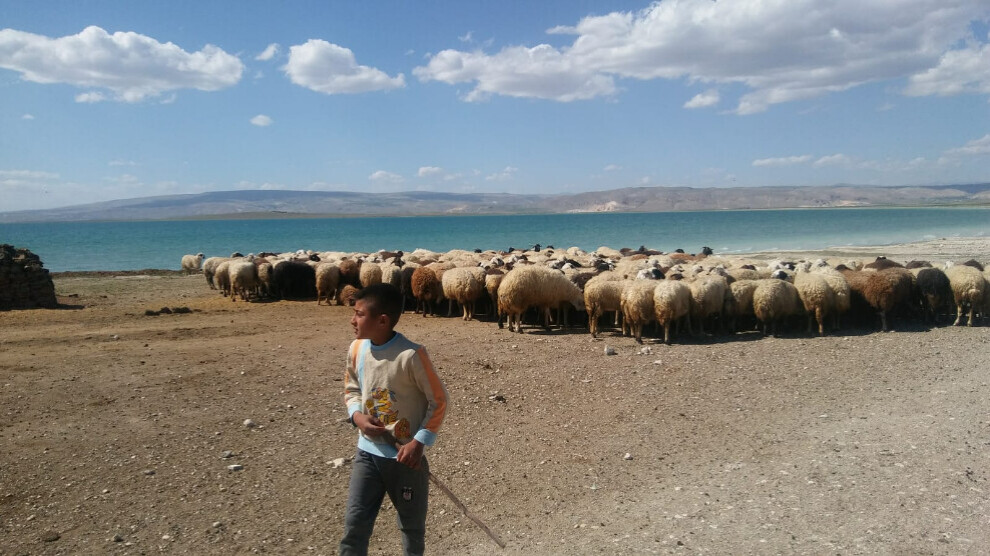Economic crisis in Turkey negatively affects animal husbandry
The economic crisis in Turkey has negatively affected many sectors and brought animal husbandry to the point of extinction.
The economic crisis in Turkey has negatively affected many sectors and brought animal husbandry to the point of extinction.

Animal husbandry, which is the main source of income in cities such as Van, Hakkari, Ağrı and Iğdır, is badly affected by the economic crisis.
While the price of feed, straw, grass, diesel and electricity, among the most important items for livestock, increases almost every day, the prices of livestock and meat are decreasing gradually, especially in cities such as Van and Hakkari.
The price of 50 kilograms of feed was 75-100 Turkish Liras (TL) and the price of straw was 1200 TL in 2020. Now the price of 50 kilograms of feed is 250-300 TL, and the price of straw has increased to 2,500 TL.
Livestock breeders in cities such as Hakkari and Van have to sell bovine and ovine meat at between 25 and 35 TL a kilo.
Due to the high expenses, many breeders leave livestock today, while some of them have come to the point of quitting.
Rahmi Çiftçi said that if the price hikes continue like this, he will have to sell his animals.
Emphasizing that there is a gap between hay and feed prices between 2020 and 2021, Çiftçi said: “Some of the expenses were increased by more than 200 percent. When this is the case, we have lost a lot of profit. At the moment, we are considering the animals we have as a burden. We sell the meat of the slaughtered animal for 32 liras a kilo. But butchers and grocery stores sell the meat for more than double the price we sell it to them.”
Mehmet Kaya, who has been doing animal husbandry in Van for 40 years, said that he takes his animals to the plateau in the summer and feeds them in the barn in the winter. He agreed that the prices of feed and hay are very high, and meat and livestock are very cheap. Expressing that the cost of feeding animals is very high, Kaya said: “Unfortunately, we put a lot of effort into it, but we can't get that effort repaid. I will have to leave the animal husbandry profession that I have worked for years."